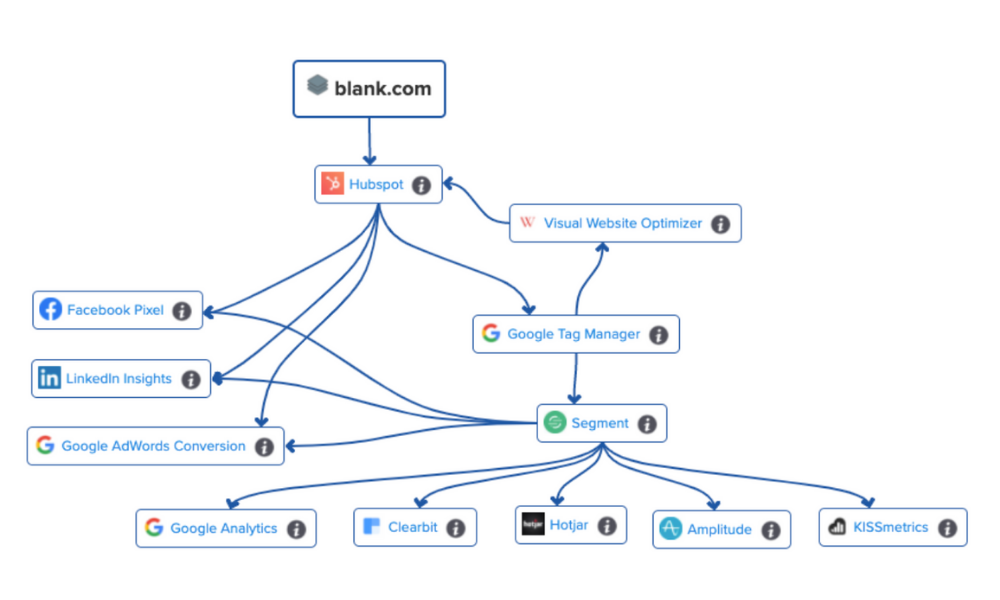As businesses continue to evolve in the digital age, the need for a comprehensive and integrated marketing technology (martech) stack has become increasingly apparent. At the heart of this stack, a Customer Relationship Management (CRM) system plays a pivotal role. This article explores the role of a CRM in an effective martech stack, providing insights into its benefits, integration capabilities, and real-world examples of its successful implementation.
Contents
Understanding the Martech Stack
Before delving into the role of a CRM, it’s essential to understand what a martech stack is. A martech stack is a collection of different technologies that businesses use to streamline, automate, and measure marketing tasks and workflows. This stack can include various tools for email marketing, social media management, content management, analytics, and more.
The Role of a CRM in a Martech Stack
A CRM system is a crucial component of a martech stack. It serves as the central hub for all customer data, enabling businesses to manage customer interactions, track sales activities, deliver personalized experiences, and foster long-term customer relationships. Here are some key roles a CRM plays in a martech stack:
- Data Centralization: A CRM system centralizes customer data from various sources, providing a 360-degree view of customers. This comprehensive view enables businesses to understand customer behavior, preferences, and needs, thereby informing marketing strategies.
- Personalization: With a CRM, businesses can deliver personalized marketing messages based on individual customer data. This personalization can lead to increased customer engagement and loyalty.
- Automation: CRM systems can automate various marketing tasks, such as email marketing, lead nurturing, and customer segmentation. This automation saves time and resources, allowing businesses to focus on strategic initiatives.
- Analytics: CRM systems provide robust analytics capabilities, offering insights into customer behavior, campaign performance, and sales trends. These insights can guide decision-making and strategy development.
Integrating a CRM into a Martech Stack
Integrating a CRM into a martech stack can be a game-changer for businesses. This integration allows for seamless data flow between different marketing tools, enhancing efficiency and effectiveness. Here are some ways a CRM can be integrated into a martech stack:
Read:How could quantum computing benefit the financial services industry?- Integration with Email Marketing Tools: By integrating a CRM with email marketing tools, businesses can automate personalized email campaigns based on customer data stored in the CRM.
- Integration with Social Media Management Tools: A CRM can be integrated with social media management tools to track customer interactions on social media and use this data to inform marketing strategies.
- Integration with Content Management Systems (CMS): By integrating a CRM with a CMS, businesses can deliver personalized content to customers based on their preferences and behavior.
- Integration with Analytics Tools: A CRM can be integrated with analytics tools to provide comprehensive insights into customer behavior and campaign performance.
Case Study: How Salesforce CRM Enhanced Martech Stack Efficiency
One notable example of a CRM enhancing a martech stack’s efficiency is Salesforce’s implementation at a leading e-commerce company. The company was struggling with data silos and lack of customer insights, which were hampering its marketing efforts. By implementing Salesforce CRM and integrating it with its existing martech stack, the company was able to centralize customer data, automate marketing tasks, and gain valuable customer insights. This implementation led to a 25% increase in marketing efficiency and a 20% increase in customer engagement.
Read:Which of these is a benefit of fish farming?Statistics Highlighting the Importance of a CRM in a Martech Stack
Several statistics highlight the importance of a CRM in a martech stack. According to a report by Salesforce, 88% of high-performing marketers say that a CRM is critical to their marketing success. Additionally, a study by Nucleus Research found that CRM applications can deliver a return on investment (ROI) of $8.71 for every dollar spent. Furthermore, a survey by HubSpot revealed that businesses using a CRM for email marketing saw a 451% increase in qualified leads.
Read:What you might have to do for some highway construction?Conclusion:
In conclusion, a CRM plays a vital role in an effective martech stack. It serves as the central hub for customer data, enabling businesses to deliver personalized experiences, automate marketing tasks, and gain valuable insights. By integrating a CRM with other marketing tools, businesses can enhance the efficiency and effectiveness of their marketing efforts. As the digital landscape continues to evolve, the role of a CRM in a martech stack is likely to become even more significant.








